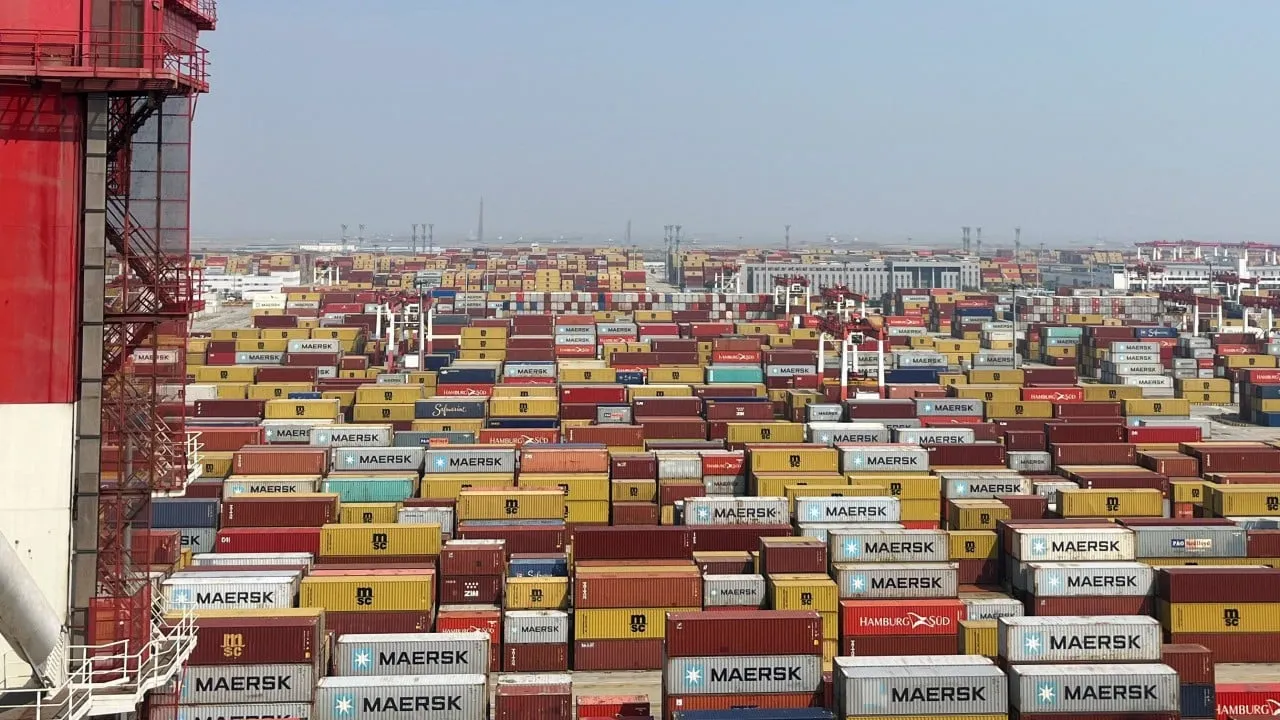Leung Chun-Ying Calls for Enhanced Shipping Services in Shanghai and Hong Kong

The Challenge for Shanghai and Hong Kong Ports
Leung Chun-Ying, the former Chief Executive of Hong Kong, highlighted the inadequate services offered by Shanghai and Hong Kong concerning shipping and cargo operations. During the Shanghai-Hong Kong Cooperation and Development Forum, he pointed out that despite Shanghai being the world's busiest container port by volume, its shipping-related services lag behind other global leaders.
Shipping Volume vs. Service Quality
Shanghai's ports processed 49.16 million TEU containers in 2023, marking a 3.9% increase from the prior year, affirming its top position globally. Nonetheless, Leung argues that merely achieving high throughput and cargo handling volume does not define a successful maritime hub. Marine insurance, maritime arbitration, and shipbroking are integral components in enhancing Shanghai and Hong Kong's maritime prestige.
- Leung ranks London's shipping services as superior, with the UK controlling 35% of the marine insurance market.
- Hong Kong's decline in port ranking, now positioned 11th globally, highlights urgent needs for service upgrades.
Unlocking Potential in Maritime Services
During discussions with the Hong Kong Chamber of Shipping, Leung outlined the necessity for Hong Kong to refine its shipping-related legal and insurance frameworks. He advocated for shipping finance and vessel financing as areas ripe for development amid increasing demand. The expansion efforts underway at Yangshan deep water port, the world's largest terminal, are crucial for modernizing ports and improving operational efficiency.
- Enhancing marine insurance services.
- Investing in maritime arbitration.
- Optimizing shipbroking capabilities.
Shanghai's ambition to build superior infrastructure at Yangshan port, initiated since 2002 following WTO accession, positions it favorably for future growth.
This article was prepared using information from open sources in accordance with the principles of Ethical Policy. The editorial team is not responsible for absolute accuracy, as it relies on data from the sources referenced.